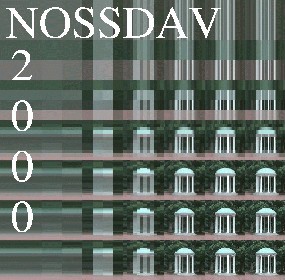
Paper #18
Speeding Up Short Data Transfers:
Theory, Architectural Support, and
Simulation Results
Yin Zhang
Lili Qiu
Cornell University
Srinivasan Keshav
Ensim Corporation

|
Paper #18
|
In this paper, we propose a new technique, which we call TCP/SPAND, to speed up short data transfers. In TCP/SPAND, network performance information is shared among many co-located hosts to estimate each connection's fair share of the network re-sources. Based on such estimation and the transfer size, the TCP sender determines the optimal initial congestion window size. Instead of doing slow start, it uses a pacing scheme to smoothly send out the packets in its initial congestion window. We use extensive simulations to evaluate the performance of the resulting system. Our results show that TCP/SPAND significantly reduces latency for short transfers even in presence of multiple heavily congested bottlenecks. Meanwhile, the performance benefit does not come at the expense of degrading the performance of connections using the standard TCP. That is, TCP/SPAND is TCP friendly.



- Last revised: Weds Jun 27 20:56:29 EDT 2000
